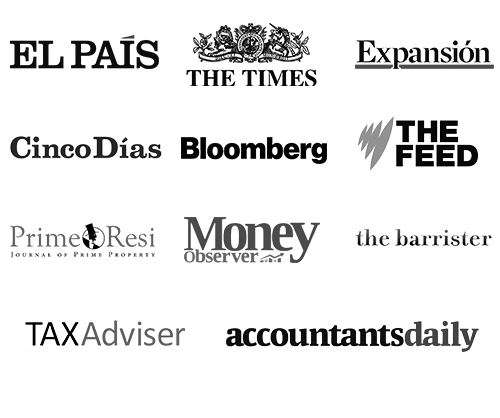The EC keeps fining Apple for breaching the state aid regulations
The EC in its report on Apple’s case accuses the company of enjoying a favorable tax treatment in Ireland without any basis and for breaching the state aid rules.
The European Commission has recently published its report on the conducted investigation to the giant Apple for international tax avoidance by which it fined said company with E13bn in back taxes.
Between 1991 and 2007 Apple held an agreement with the Irish government by which two of its branches, Apple Sales International (ASI) and Apple Operations Europe (AOS) were taxed at a lower rate for their profits. The Commission is pointing out that this decision is breaching the state aid’s EU rules and that it was granted without any justified economical basis.
Both Ireland and Apple neglected those accusations. The Irish Ministry of Finance released a note shortly after this report was published. On it, it is blaming the EC of interfering in the Irish tax sovereignty while the American multinational is reporting that the EC acted unilaterally and that this case is a try to turn it into a media target.
The international links of this case are reaching the Unites States. Washington is also conducting a tax policy in order to make multinationals pay taxes in its territory, in line with that of they are also being implemented by organizations such as the OECD, with its BEPS project, and the European Union itself with the ruling of its Directive 2016//1164 just a few months ago.
In this sense, both the United States and the European Union are claiming the right to collect what Apple would have tried to avoid to pay in tax profits these years. Thus, American tax authorities consider the EC to be turned into a kind of supranational tax agency.
However, the Commission replies that neither the government nor Apple have been able to justify the appropriateness of granting the company tax advantages for so long. It is this duration of the agreement between Ireland and Apple that reveals the economic base of this differential tax treatment because it has not taken into account the numerous changes in the economy that have occurred since 1991.
Although it is true that the States dispose of full tax sovereignty, this freedom would be limited to the point that other companies are being harmed with advantageous clauses with regard to others and, especially, regarding the taxpayers by establishing an unfair treatment for the citizenship.
At Del Canto Chambers we are specialized in tax and trade law and we can be contacted at clerk@delcantochambers.com
Del Canto Chambers’ Editorial Board




